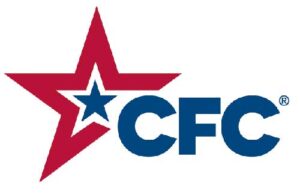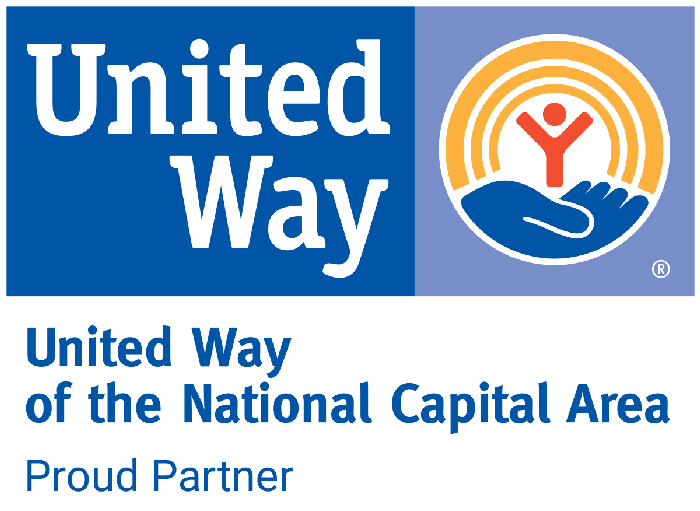That’s right, in the lexicon of most South Asian languages there are no words to define anxiety, bipolar disorder, depression, panic attacks, postpartum depression, schizophrenia, trauma, and other common mental health illnesses! They just do not exist.
In keeping with this denial, the conditions are mostly soft pedaled within the community as “taqleef” (difficulty), “udaasi” (sadness) or “tension” and in extreme situations the impacted are labeled as “pagla” or mad.
WIDESPREAD DENIAL
South Asians tend not to accept the reality of mental illness. They do not approach a mental health condition as a health condition that can be treated like a heart ailment, an asthma attack, arthritis…they do not readily seek medical help. Clinical psychologist Dr. Jyothsna S. Bhat says that even many young, US-born South Asians subscribe to their parents’ views and biases on mental illness, seeing it as a sign of “weakness.”
CONSIDER THE FACTS
- Many studies point to higher levels of mental health issues among South Asians than in any other group in the United States. To quote: “…certain South Asians in the U.S., including women and older adults, suffer from disproportionate rates of mental illness” (Read report)
- US South Asian youth are at greater risk for suicidal thoughts and behaviors than many other minority groups (Read statistics)
- South Asian Americans have the lowest rate of utilization of mental health services
A CULTURE ISSUE?
Culturally and linguistically, mental health has never had much place in the South Asian psyche. Immigrating to the United States, the community has made a name for itself as intelligent, successful, and resilient. Working hard and maintaining a balance between two cultures has led to enormous stress for many. The conflicted attitude to mental health is one more cultural struggle the community dearly needs to overcome….
LET’S LISTEN…
We need to tune in and encourage open dialogue. We need to normalize conversations about mental health.
Shreya’s plea:
“I wish that even during the dinner table (family would) just talk about it, just a conversation about mental health, like (asking) how are you feeling, that I don’t think a lot of us really ask? Or if they (family) do ask (and the response is) I am feeling a bit low or (have) anxiety or breakdown, to be kind with their words, and understand, and not judge, this is a real thing. That would solve so many issues. So many people could be saved. Some express suicide because they feel like nobody understands.”
LET’S GUIDE TO PROFESSIONAL HELP
May is Mental Health Awareness month. Let’s lead the way by fighting stigma, providing support, educating communities, and promoting self care.
Talk to us at our Helpline 1-888-417-2742. ASHIYANAA IS HERE TO HELP.
Other resources where you can get support:
- Text HOME to 741741 to reach a live, trained Crisis Counselor from anywhere in the U.S., anytime 24/7
- National Suicide Prevention Lifeline: 1-800-273- TALK (8255)
- South Asian Mental Health Initiative and Network (SAMHIN) Helpline: 732-902-2561
- National Alliance on Mental Illness (NAMI) Helpline: 1-800-950-NAMI (6264)
- Substance Abuse and Mental Health Administration (SAMHSA) National Helpline: 1-800-662-HELP(4357)
For emergencies, call 911.
READ
Mental Health awareness month
https://joinsapha.org/community-guide/mental-health-facts/
Must read for service providers
https://www.ncbi.nlm.nih.gov/pmc/articles/PMC5643212/


![🎟️ Tickets are now live!
Be part of something meaningful on March 22, 2026, at Ashiyanaa’s Journeys of Courage Fundraising Gala. Experience a powerful night of strength, hope, and transformation. Get your tickets now and stand with us for change. 🦋
🌐 https://paybee.io/quickpay.html?handle=ashiyanaa
[Journeys Of Courage, Ashiyanaa, Fundraising Gala, Save The Date, Empowerment, Community Event, Charity Event, Nonprofit, Survivors Support, Gala 2026, Hyatt Regency Reston]](https://ashiyanaa.org/wp-content/plugins/instagram-feed/img/placeholder.png)


